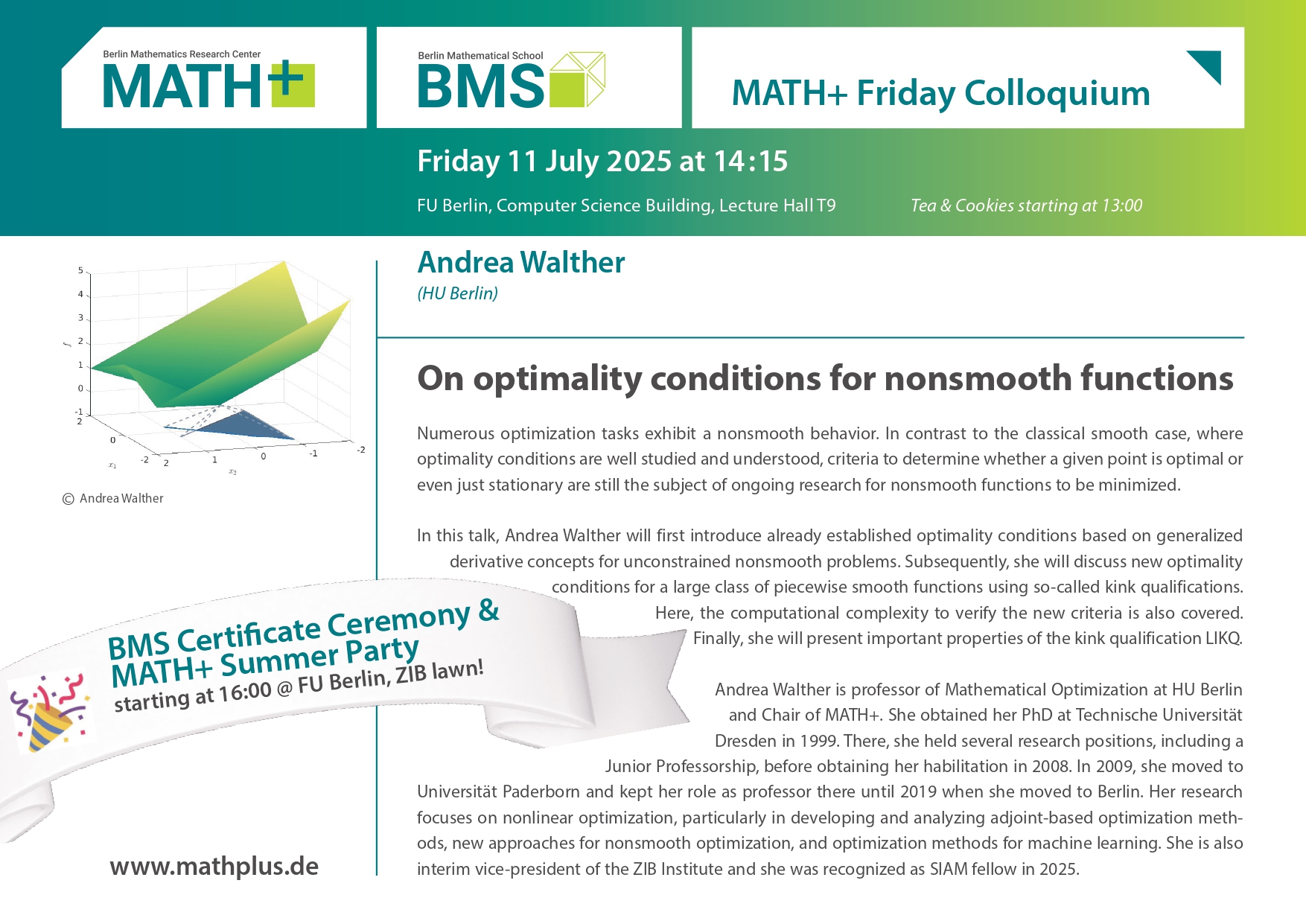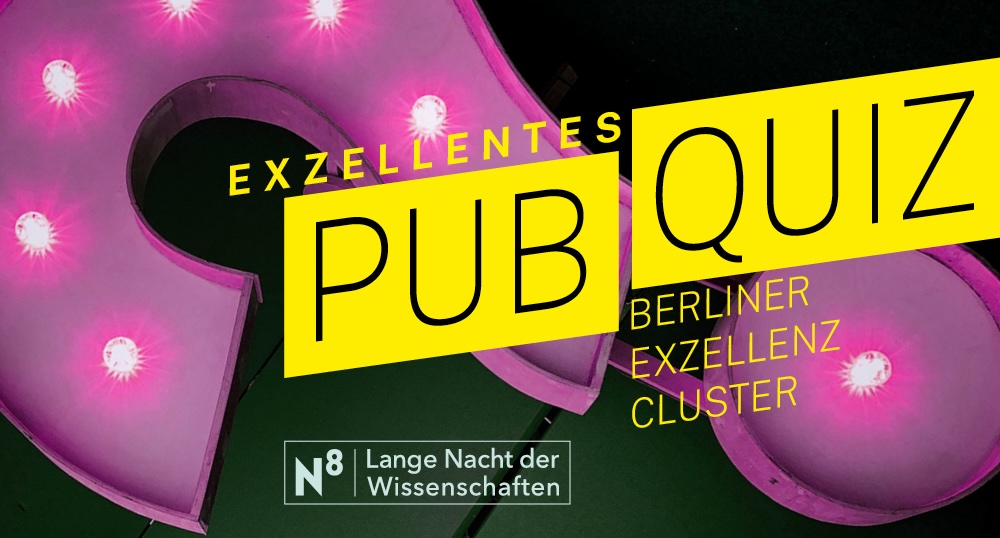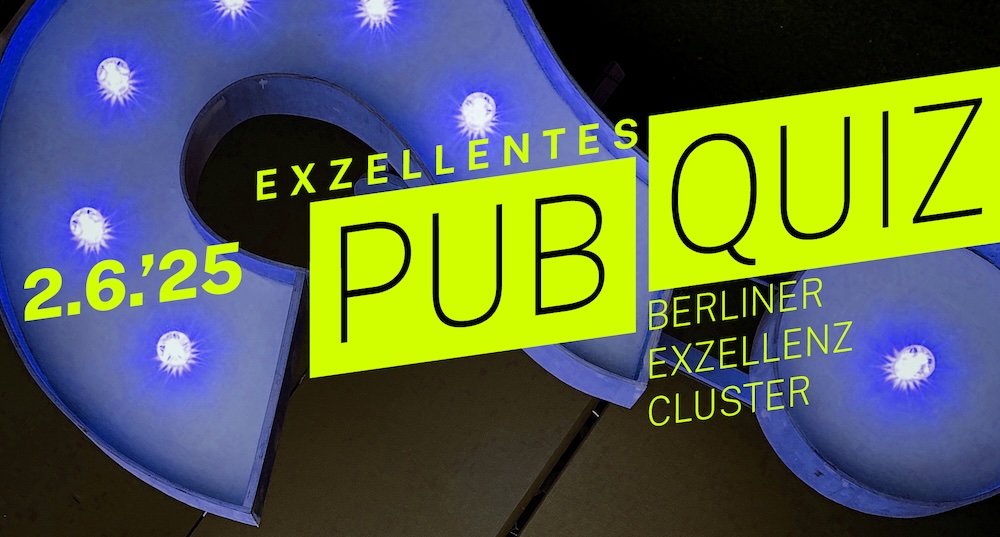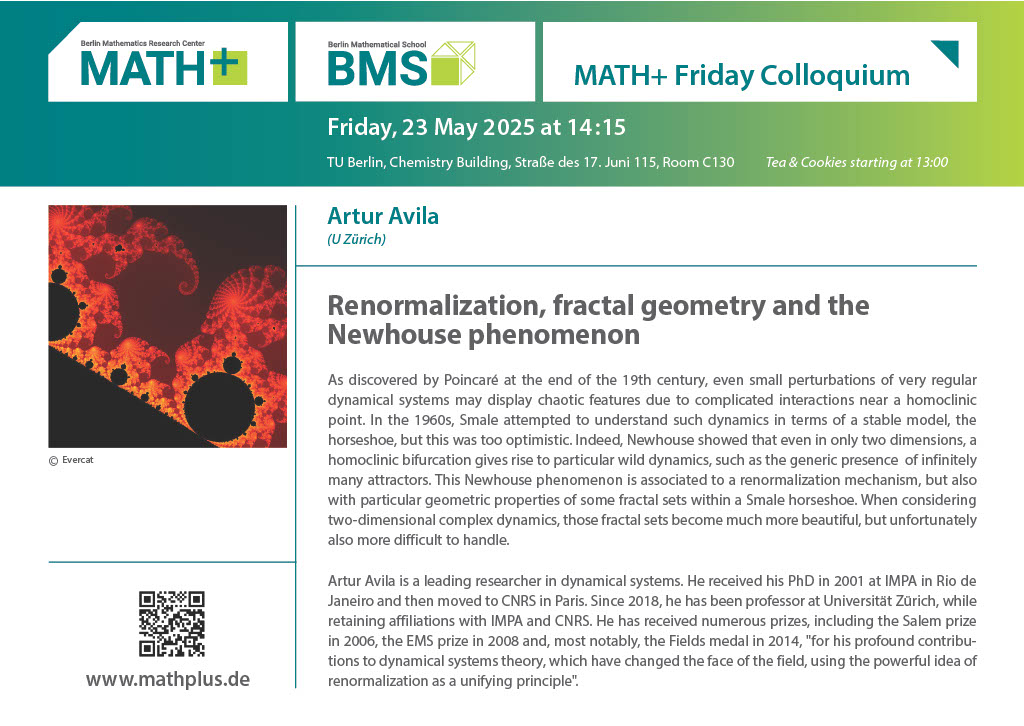11 July – Andrea Walther: On optimality conditions for nonsmooth functions
In the last talk of the summer semester, Andrea Walther will introduce already established optimality conditions based on generalized derivative concepts for unconstrained nonsmooth problems and then move on to new optimality conditions for a large class of piecewise smooth functions using so-called kink qualifications. Andrea Walther is professor of Mathematical Optimization at HU Berlin and Cha...









